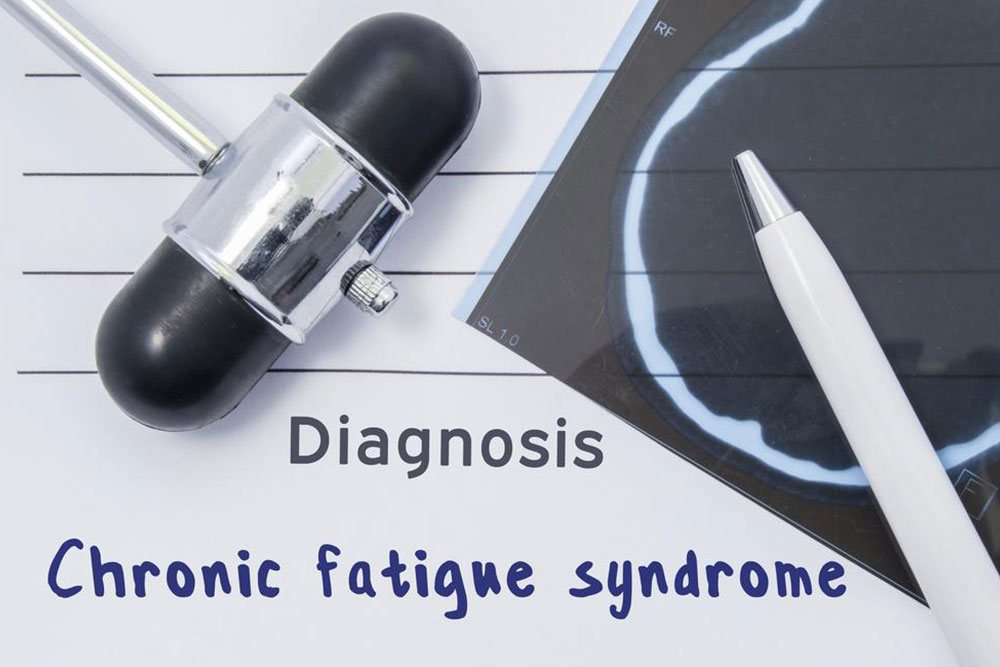Comprehensive Guide to Persistent Fatigue: Causes, Symptoms, and Effective Management Strategies
Persistent fatigue is a chronic condition characterized by unrelenting exhaustion that impacts daily life. This detailed guide explores the causes, symptoms, and management strategies for effective treatment. Recognizing early signs and understanding underlying health conditions are crucial steps toward recovery. Tailored approaches involving medical intervention, lifestyle changes, and stress management can help individuals regain energy and improve their overall well-being. This comprehensive overview aims to educate readers on how to address persistent fatigue proactively and effectively.

Understanding Persistent Fatigue: An In-Depth Overview
Persistent fatigue is a complex and often debilitating condition characterized by a prolonged sense of exhaustion that does not resolve with rest or sleep. Unlike everyday tiredness, which typically improves after a good night's sleep, chronic fatigue persists, significantly impacting a person's ability to carry out daily activities and enjoy a good quality of life. It is a condition that can stem from a variety of underlying health issues and is sometimes classified under syndromes such as myalgic encephalomyelitis (ME) or systemic exertion intolerance disease (SEID). Recognizing and understanding this condition is essential for timely diagnosis and effective management.
Key Signs and Symptoms of Chronic Fatigue
The primary feature of persistent fatigue is an overwhelming sense of exhaustion that is not proportional to recent activity. This exhaustion often hampers daily functioning and can be accompanied by a range of other symptoms, making it a multifaceted health concern.
Symptoms of chronic fatigue may include:
Severe, unrelenting exhaustion that persists even after rest
Muscle aches and joint pains, often widespread
Frequent headaches that may vary in intensity
Dizziness, lightheadedness, or nausea
Irregular heartbeat, rapid pulse, or palpitations
Individuals suffering from these symptoms often find their daily routines severely disrupted. Physical activities that once were effortless can now lead to worsening symptoms, creating a vicious cycle of fatigue and decreased activity. Recognizing these signs early and consulting healthcare professionals can lead to more accurate diagnosis and targeted treatment.
Root Causes and Contributing Factors of Fatigue
The origins of persistent fatigue are diverse and often intertwined with various health conditions. No single cause has been identified universally, making diagnosis and treatment complex. Some common triggers and underlying causes include:
Viral infections, such as mononucleosis or glandular fever, which can leave residual fatigue even after other symptoms resolve
Bacterial infections like pneumonia or Lyme disease that can lead to prolonged recovery periods
Immune system dysfunction, where the body's defenses mistakenly attack itself or are compromised
Hormonal imbalances involving thyroid dysfunction, adrenal fatigue, or other endocrine issues
Psychological factors including stress, depression, anxiety, or emotional trauma that can profoundly affect energy levels
Understanding personal triggers is crucial for effective management. Tailored treatment plans often involve addressing these underlying causes through medication, lifestyle adjustments, or therapy.
Demographics and Risk Factors Associated with Fatigue
Persistent fatigue is more prevalent among specific populations. Studies indicate that individuals generally affected are in their 40s and 50s, although it can occur at any age. Women are statistically more susceptible to this condition, possibly due to hormonal fluctuations, immune response differences, or social stressors.
Additional factors increasing vulnerability include:
Genetic predispositions that affect immune functioning or hormonal regulation
Allergic conditions, which can contribute to systemic inflammation and fatigue
Heavy workloads, chronic stress, and high-pressure environments that exhaust the body's reserves
Poor sleep quality or disrupted circadian rhythms, exacerbating fatigue symptoms
Managing persistent fatigue requires a holistic approach involving healthcare providers like primary care doctors, specialists such as neurologists or endocrinologists, therapists, and sometimes rehabilitation professionals. A patient-centric strategy focusing on gradual and steady improvement can help individuals regain their energy and improve overall well-being.
In conclusion, persistent fatigue is a multifaceted health issue that demands attention and comprehensive care. Recognizing symptoms early, understanding the potential underlying causes, and adopting tailored management strategies can significantly enhance patients' quality of life and help restore their vitality.





